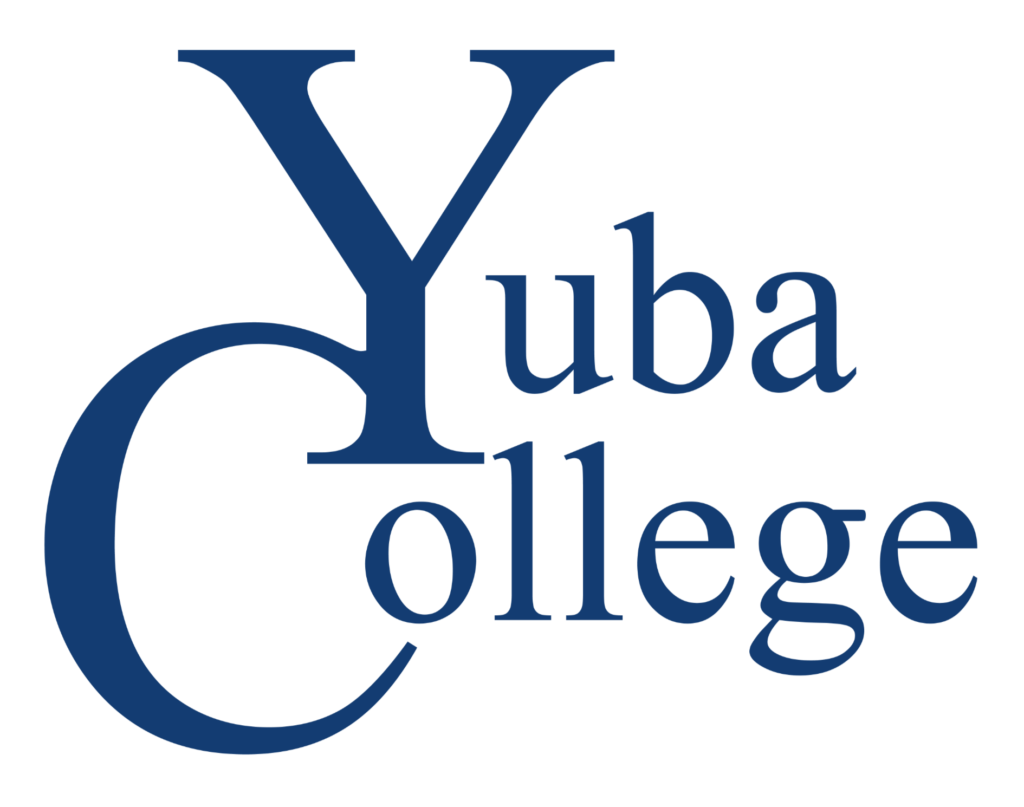Equity Definition
Equity begins in equity-mindedness, an understanding of the structural and systemic inequities that create barriers for students, particularly students from minoritized groups. Equity work requires a race-conscious, intersectional, inclusive approach to create new systems that ensure differentiated resources and support so that each student has the opportunity for equal success.
Executive Summary for the 2022-2025 Equity Plan
As we developed the 2022-2025 Equity Plan, we focused on the principle of allyship that reminds us it is those most impacted in our community who need to experience the biggest changes and win first. This principle helped shape the activities we present later in this plan, activities which focus on specific DI groups and their success. We also recognize the broader work necessary to ensure that we continue to redesign our policies, practices, and the physical environments of our campuses to address the material differences and respond to the variety of needs present among our diverse community of learners, faculty, staff, and administrators.
While our 2022-2025 Initiatives prioritize specific student groups, we recognize that there are invisible groups within our data and our college community. These groups include student parents, native and indigenous students, LGBTQIAP+ students. Similarly, the demographic categories provided by the State make it difficult to assess the challenges of faith communities we serve, such as our Sikh and Muslim students, specific ethnic groups, such our Hmong and Nisenan students, or the barriers experienced by those who are student parents, particularly single parents.
In addition to the activities described in detail in the 2022-2025 Equity Plan, we also commit to identifying invisible groups, engaging with members of those groups to pinpoint their needs, and working with them to support their sense of belonging within the college and their success in meeting their learning goals. The ways intersectional identities affect the outcomes for individual students or subsets of students is also difficult to ascertain based on our current data practices. We will not be successful in supporting our students until we have a holistic and nuanced understanding of the ways that race, ethnicity, gender, sexuality, class, faith, age, (dis)ability, and basic needs both impact and enrich their experiences and perspectives.
Renewed Equity Imperative
To further rehabilitate the college climate, address the chronic toxins of oppression, racism, prejudice, misogyny, and heteronormativity, and create a more inclusive and equitable college ecosystem, we recommit to the following:
- To serve as allies, decentering ourselves and our feelings, connecting directly with and listening to those outside our own social identities in order to grow our capacity for empathy, advocating for the inclusion of diverse voices, prioritizing the inclusion and safety of marginalized groups and vulnerable individuals, moving from the performative periphery into active partnerships that create long-lasting, consistent support and resources based on the needs identified by minoritized or vulnerable communities, and holding ourselves and others accountable for the impact of our actions.
- To reform the systemic ways in which dominant social identities, such as whiteness, ableness, heterosexuality, and Christianity are implicit in the underlying expectations and norms on which the college operates.
- To counteract the ways that implicit bias and stereotypes play out in our expectations and relationships, including as microaggressions and especially with minoritized students, and to work with members of minoritized groups to promote their inclusion and wellbeing.
- To apply intersectionality — the theory of how overlapping or intersecting social identities affect an individual’s experience within a system or structure — as a lens through which to recognize, honor, and value individuals’ diverse experiences, challenges, skills, cultures, and worldviews, rather than seeing merely data points, demographics, and deficits.
- To create institutional policies, processes and practices that are antibias and antiracist, and that integrate communal wealth, cultural capital, and diverse ways of learning and knowing.
Equity Plan for 2022-2025: https://yc.yccd.edu/wp-content/uploads/2022/11/2022-2025-Equity-Plan-Executive-Summary.pdf
Yuba College Contacts
Professor Kiara Koenig, English Faculty, Equity Faculty Coordinator and LEAD Tri-chair
kkoenig@yccd.edu
Riley Hang, Instructional Associate and LEAD Tri-chair
rfrederk@yccd.edu
